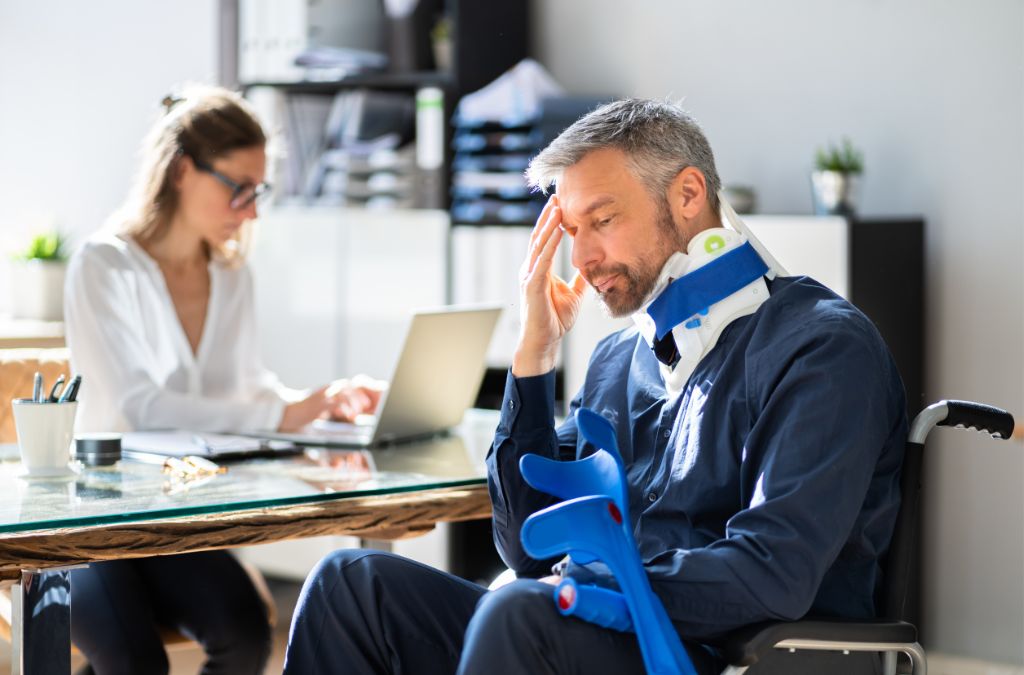-
Table of Contents
- Choosing a Personal Injury Lawyer: Key Factors for Ensuring a Successful Outcome
- Experience and Specialization
- Reputation and Reviews
- Communication Skills
- Fee Structure
- Case Studies and Success Stories
- Initial Consultation
- Local Knowledge
- Professional Associations and Certifications
- Client-Lawyer Relationship
- Conclusion
Choosing a Personal Injury Lawyer: Key Factors for Ensuring a Successful Outcome
When faced with a personal injury case, selecting the right lawyer can significantly impact the outcome. This article explores the key factors to consider when choosing a personal injury lawyer, providing valuable insights to help you make an informed decision.
Experience and Specialization
One of the most important aspects to look for in a personal injury lawyer is their experience and specialization. Lawyers who focus on personal injury cases are more likely to be familiar with the nuances of such cases and can navigate the legal system more effectively.
- Years of practice in personal injury law
- Track record of successful cases
- Specialization in specific types of personal injury cases (e.g., car accidents, medical malpractice)
Reputation and Reviews
A lawyer’s reputation can provide insight into their reliability and effectiveness. Look for reviews and testimonials from previous clients to gauge their satisfaction with the lawyer’s services.
- Online reviews on platforms like Google and Yelp
- Testimonials on the lawyer’s website
- Peer reviews and ratings from legal associations
Communication Skills
Effective communication is key in any legal case. A good personal injury lawyer should be able to explain complex legal terms in a way that is easy to understand and keep you informed about the progress of your case.
- Clarity in explaining legal concepts
- Regular updates on case progress
- Availability for questions and concerns
Fee Structure
Understanding the lawyer’s fee structure is crucial to avoid any unexpected costs. Many personal injury lawyers work on a contingency fee basis, meaning they only get paid if you win your case.
- Contingency fees vs. hourly rates
- Percentage of the settlement taken as a fee
- Additional costs (e.g., court fees, expert witness fees)
Case Studies and Success Stories
Reviewing case studies and success stories can provide a better understanding of the lawyer’s capabilities. Look for cases similar to yours and see how the lawyer handled them.
- Examples of past cases with similar circumstances
- Details on settlements or verdicts achieved
- Client testimonials related to those cases
Initial Consultation
Most personal injury lawyers offer a free initial consultation. This meeting is an opportunity to discuss your case, ask questions, and determine if the lawyer is a good fit for you.
- Preparation of relevant documents and information
- Questions to ask during the consultation
- Assessing the lawyer’s approach and demeanor
Local Knowledge
A lawyer with local knowledge can be advantageous, as they are familiar with the local courts, judges, and legal procedures. This can help streamline the process and improve the chances of a favorable outcome.
- Familiarity with local court systems
- Relationships with local judges and attorneys
- Understanding of local laws and regulations
Professional Associations and Certifications
Membership in professional associations and certifications can indicate a lawyer’s commitment to their field and adherence to high standards of practice.
- Membership in organizations like the American Bar Association
- Certifications in personal injury law
- Participation in continuing education and training
Client-Lawyer Relationship
The relationship between you and your lawyer is fundamental to the success of your case. Trust, respect, and a good rapport can make the legal process smoother and more effective.
- Trust and confidence in the lawyer’s abilities
- Respect for your needs and concerns
- Open and honest communication
Conclusion
Choosing the right personal injury lawyer involves careful consideration of various factors, including experience, reputation, communication skills, and fee structure. By thoroughly evaluating these aspects, you can find a lawyer who will effectively represent your interests and help you achieve a successful outcome in your personal injury case.
